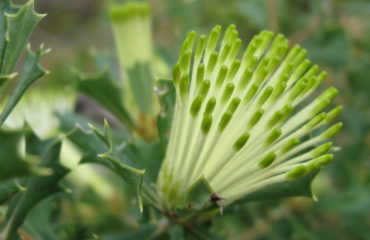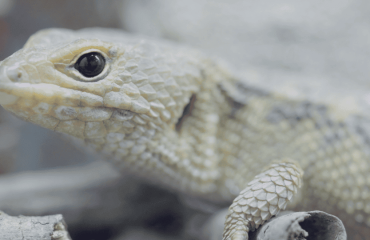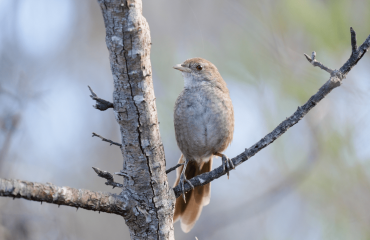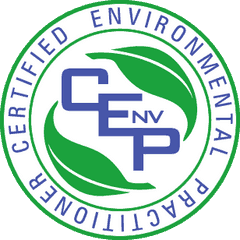Natura Education specialises in nature-based education, providing outdoor learning incursions and excursions to schools around the Gold Coast, Southern Brisbane and Northern NSW regions. Our team of educators and scientists are passionate about the benefits of learning about the environment by spending time in nature.
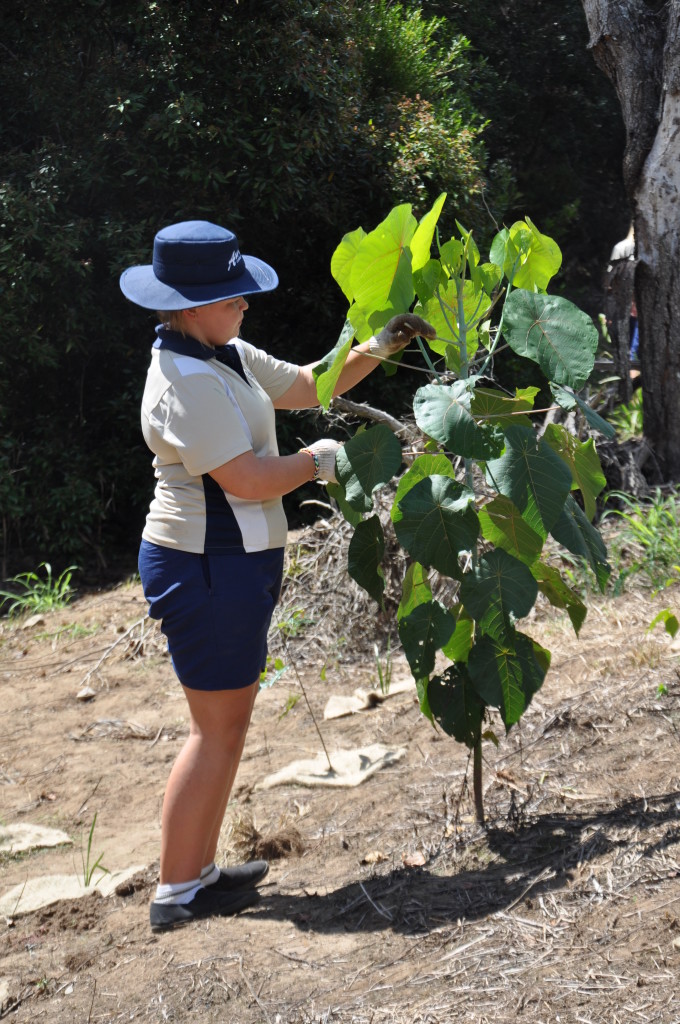 By actually getting out into the natural environment, students have the opportunity to develop real skills through investigating tangible environmental issues and using current scientific methods. Beyond all of this, as environmental educators, our aim is to provide an experience that will connect students to their environment and develop a sense of responsibility as a functional member of a living ecosystem. This is no small thing!
By actually getting out into the natural environment, students have the opportunity to develop real skills through investigating tangible environmental issues and using current scientific methods. Beyond all of this, as environmental educators, our aim is to provide an experience that will connect students to their environment and develop a sense of responsibility as a functional member of a living ecosystem. This is no small thing!
A number of published articles have looked more closely at environmental education and experiences in our modern world. When looking through this research it has been quickly recognised that children are currently spending less time playing outdoors and spending time in nature than ever before. One study even concluding that children know more about Pokemon than they do about native wildlife (Balmford et al 2002)!
By definition, physically engaging activities including environmental, place-based, sports, recreation and physical education all fall under the umbrella of ‘outdoor education’. This method of education has shown extensive positive outcomes for growing children in a number of fields, including the areas of physical, social and cognitive development (Bailey 2006). Other known benefits of educating children outside in natural environments includes increased wellbeing and self-confidence, as well as leading to improvements in problem solving and comprehension.
An understanding and love for nature can and will develops when students have regular contact with the natural world. This experience can be enhanced in two main ways: Sensory-based learning can deepen a student’s connection to the environment through interactive, hands-on learning using all five senses; while place-based learning connects students with both place and community. When this education is then delivered in a way that is relevant to everyday life, the learning experience continues to be enhanced and some truly valuable lessons and experiences can be passed on to these curious young minds. We can now look to advocate sustainable living and participation in community while learning to take accountability for our environment (Woodhouse and Knapp 2000).
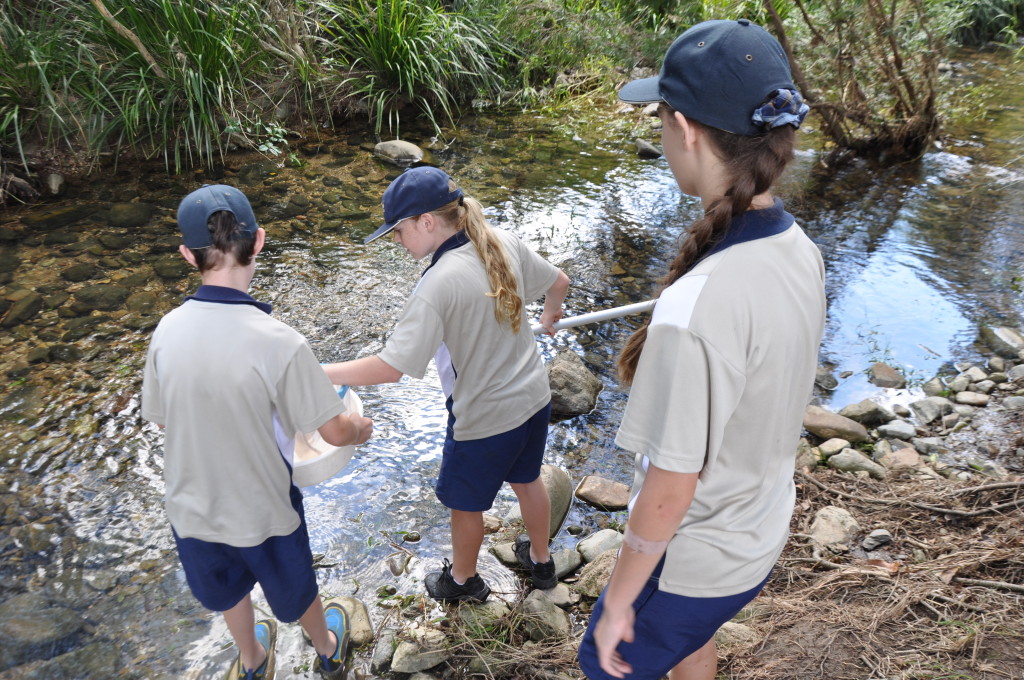 Further and just as important, this type of education has the potential to develop students’ connections to their environment through understanding that they are a part of a functional ecosystem, exploring interactions between species and places, and even looking more deeply into questions such as “How do I connect to the earth?” and “What is my purpose as a human being?” (Woodhouse and Knapp 2000).
Further and just as important, this type of education has the potential to develop students’ connections to their environment through understanding that they are a part of a functional ecosystem, exploring interactions between species and places, and even looking more deeply into questions such as “How do I connect to the earth?” and “What is my purpose as a human being?” (Woodhouse and Knapp 2000).
The ongoing effects of these experiences reach far beyond the actual lessons, with more immediate benefits in the class and home environments, including improved concentration, learning, self awareness and interpersonal communication (Neill and Richards 1998).
With such wide-ranging and diverse benefits to young minds, bodies and imaginations, why would any one of us hesitate to get our students outside and amongst their local natural environments to learn? It is all out there waiting, just outside!
REFERENCES:
Bailey, R. (2006). Physical Education and Sport in Schools: A Review of Benefits and Outcomes. Journal of School Health. Vol 76:8. Pp397-402.
Balmford, A., Clegg, L., Coulson, T., and Taylor, J. (2002). Why Conservationists Should Heed Pokémon. Science. Vol 295:5564. 2367-2367.
Neill, J.T., and Richards, G.E. (1998). Does Outdoor Education Really Work? A Summary of Recent Meta-Analyses. Australian Journal of Outdoor Education. Vol 3:1.
Woodhouse, J.L., and Knapp, C.E. (2000). Place-Based Curriculum and Instruction: Outdoor and Environmental Education Approaches. ERIC Digest. www.eric.ed.gov


